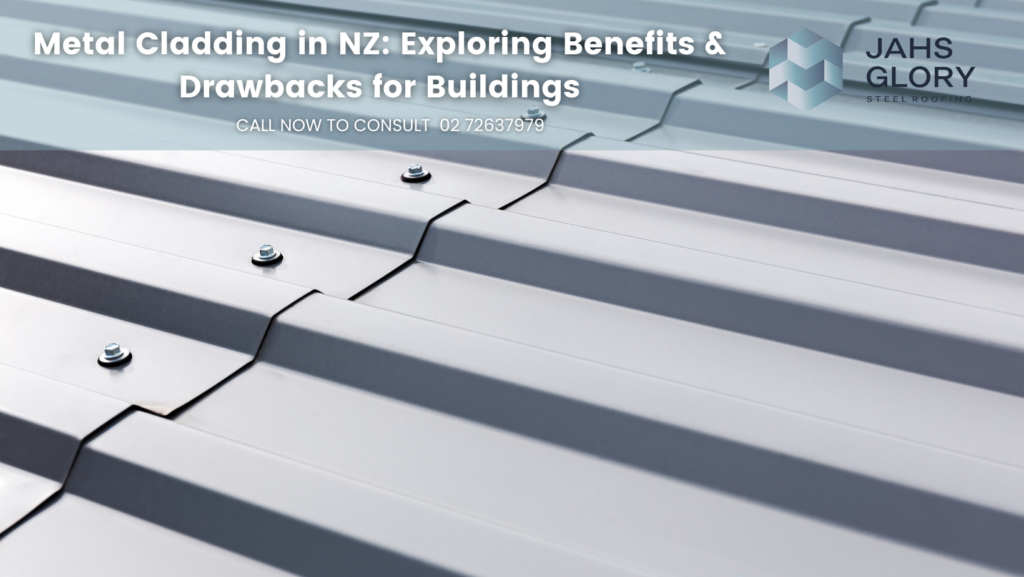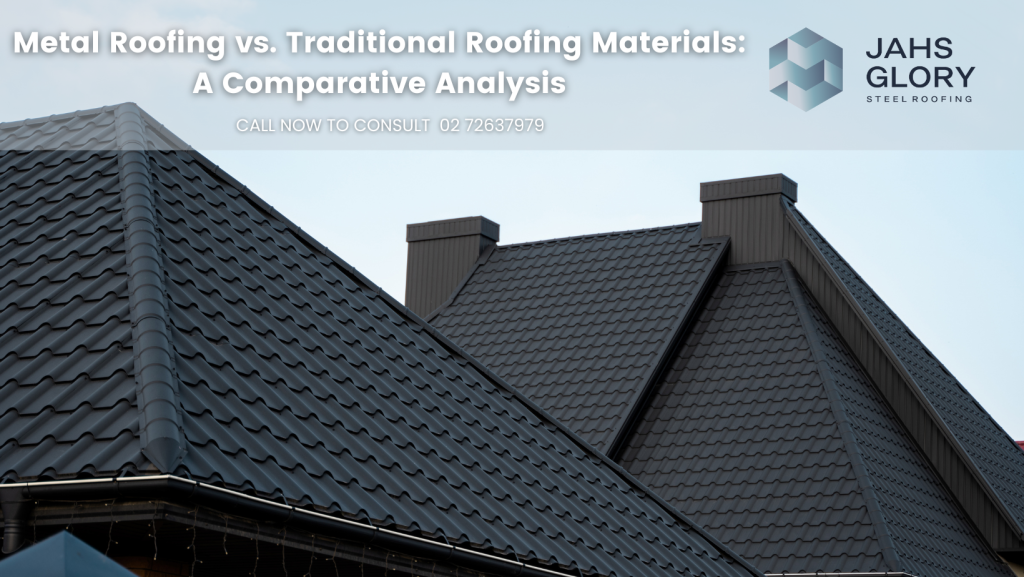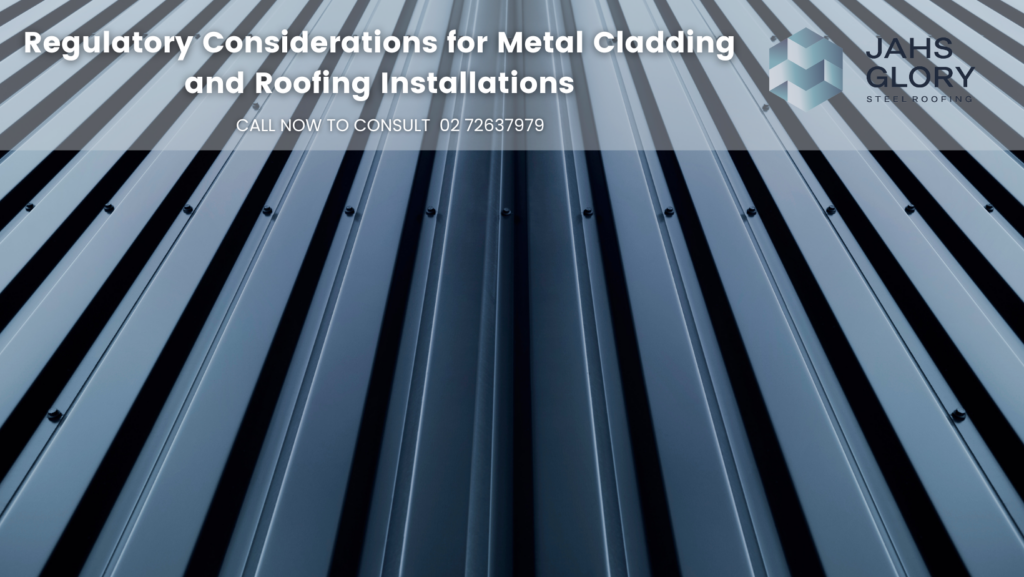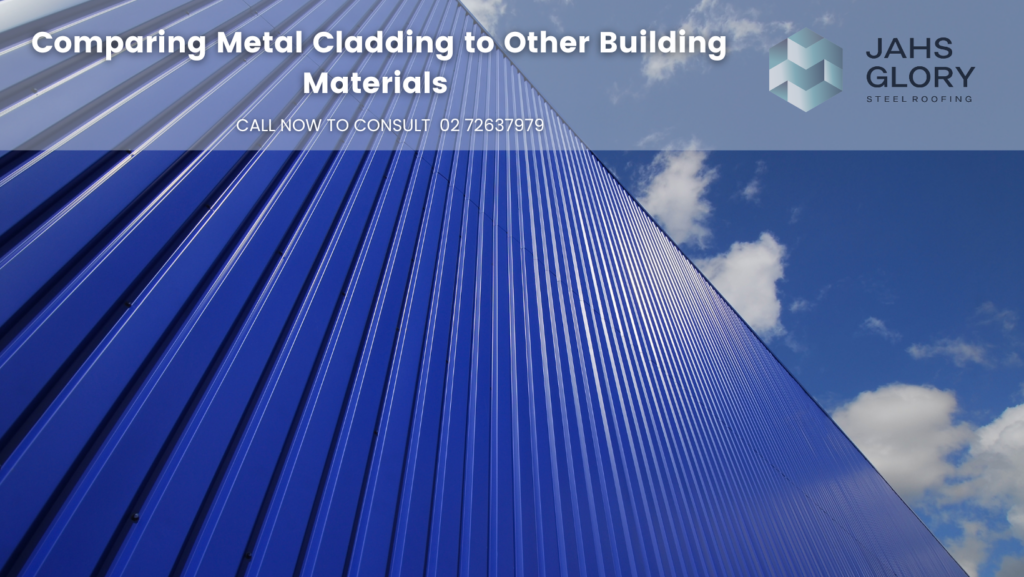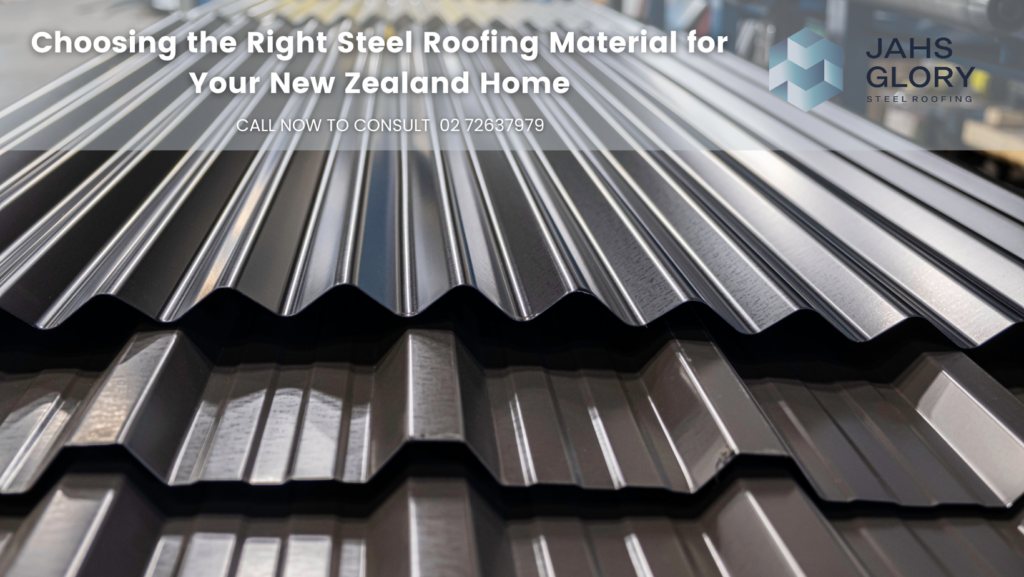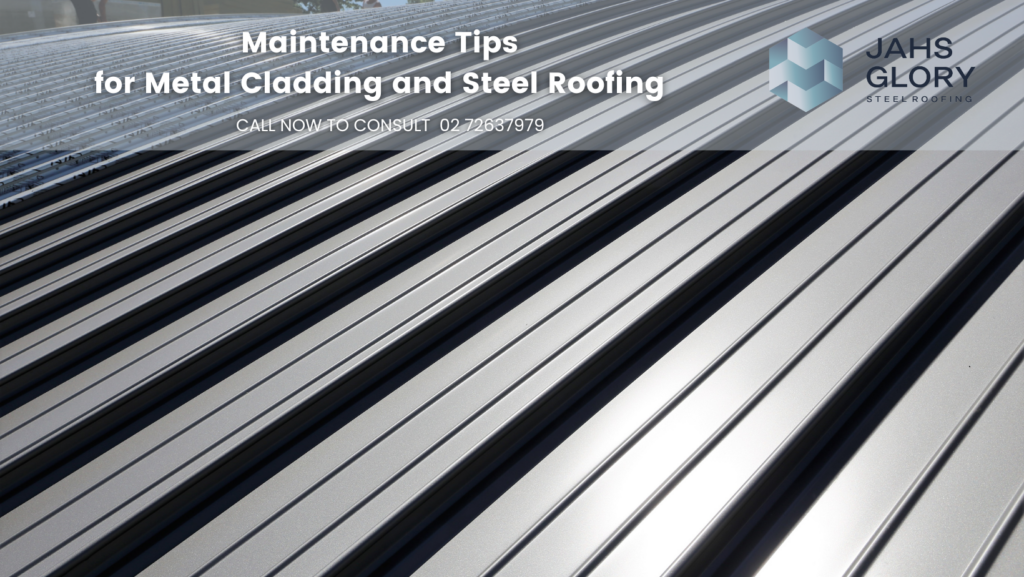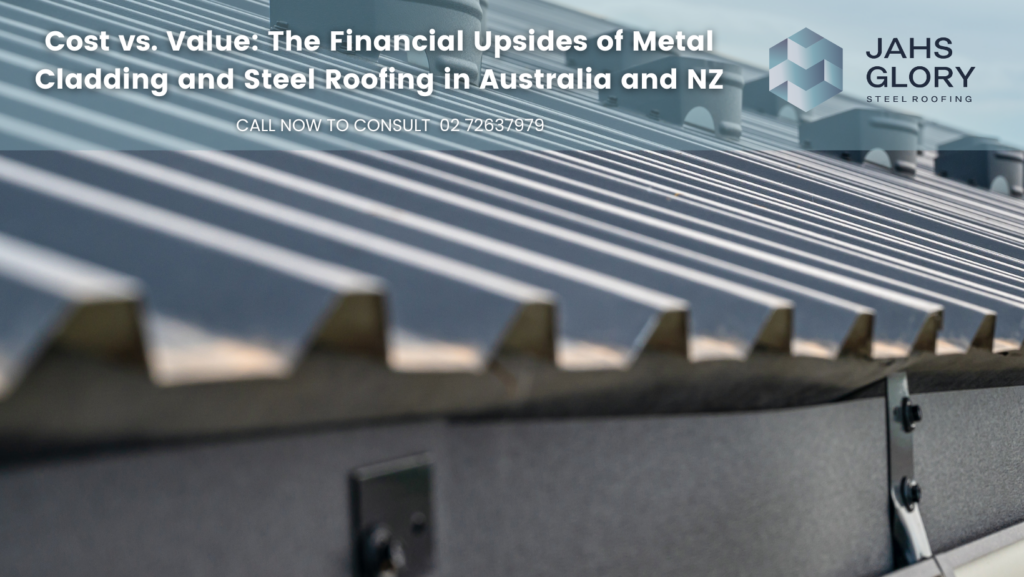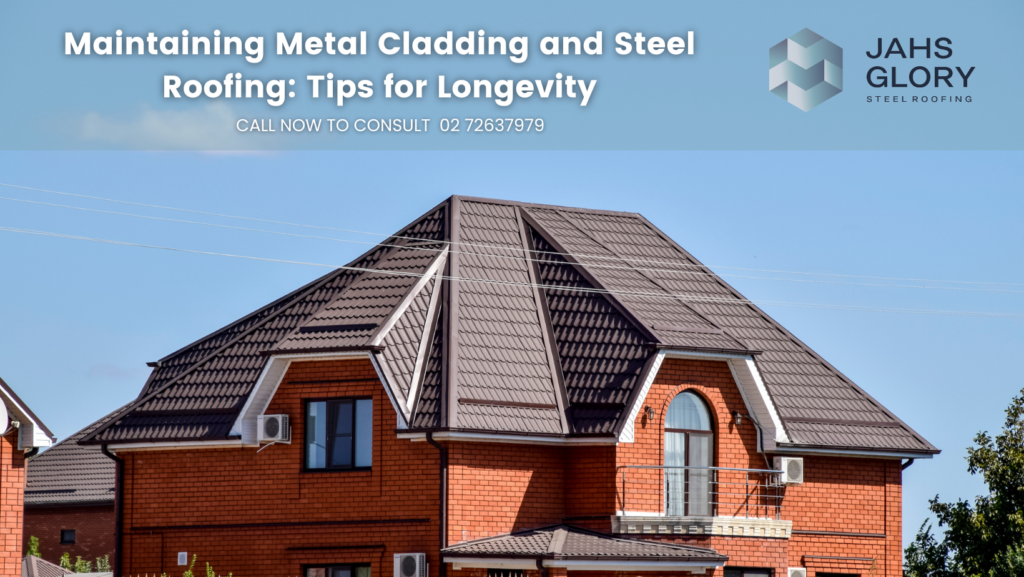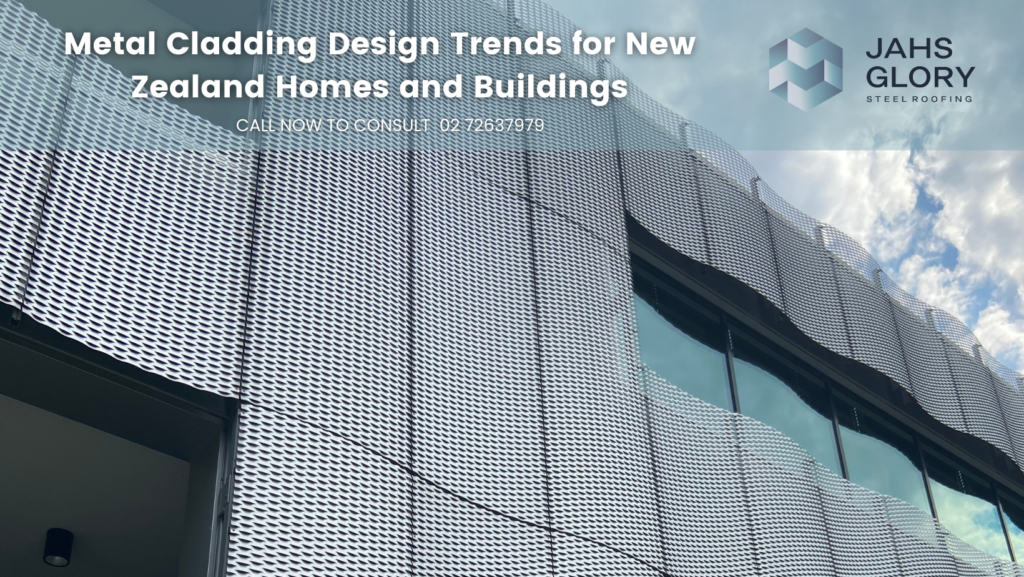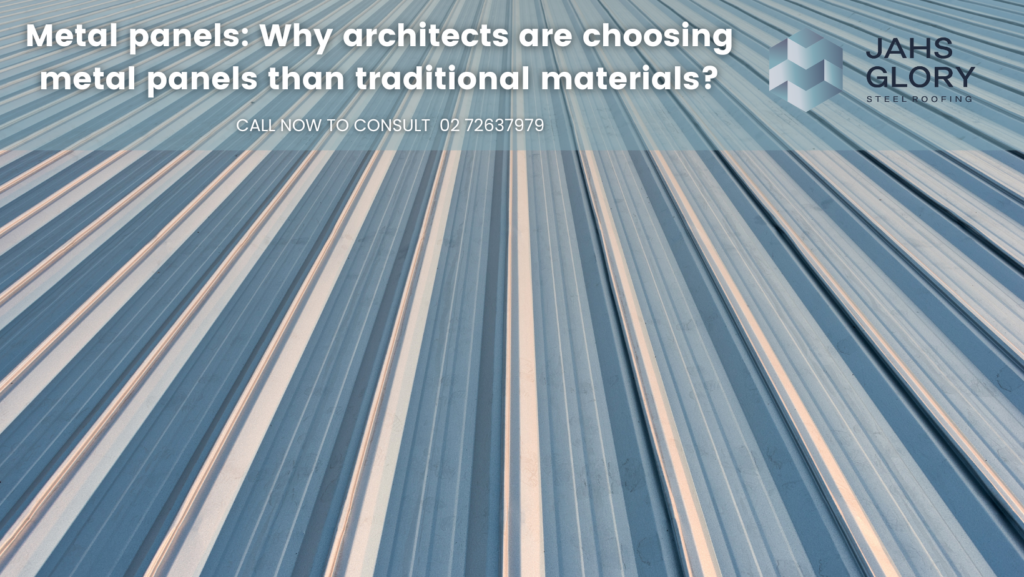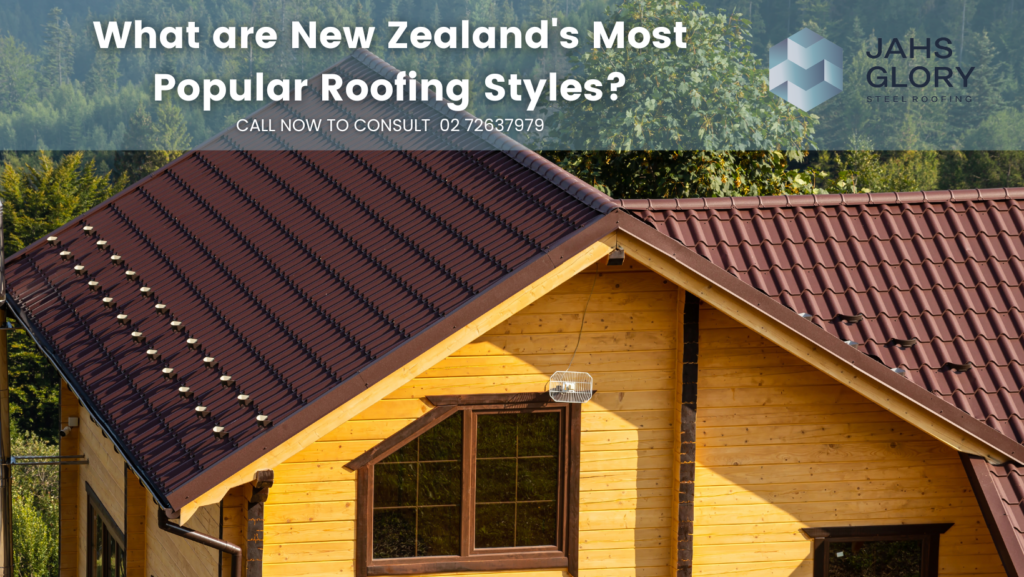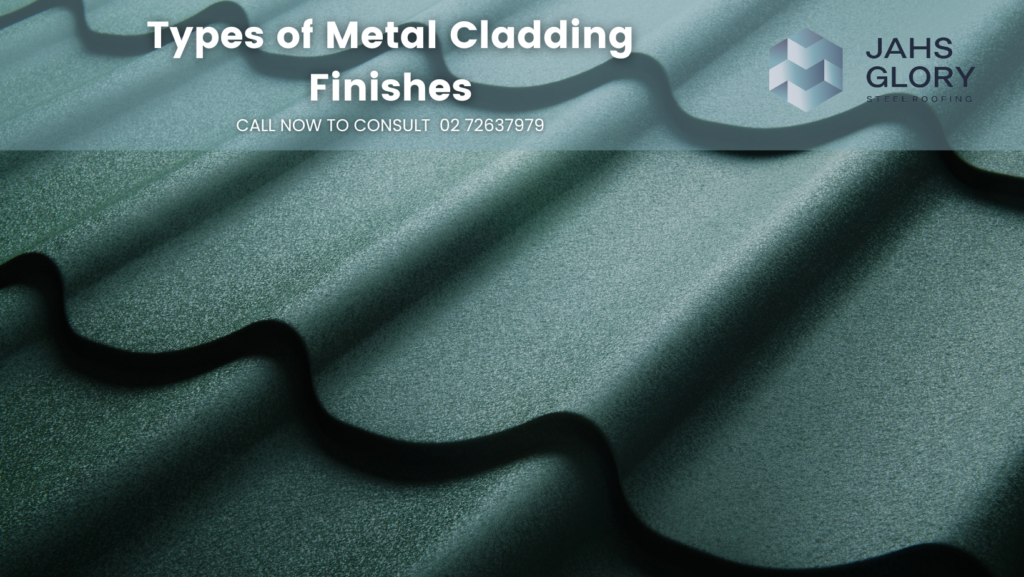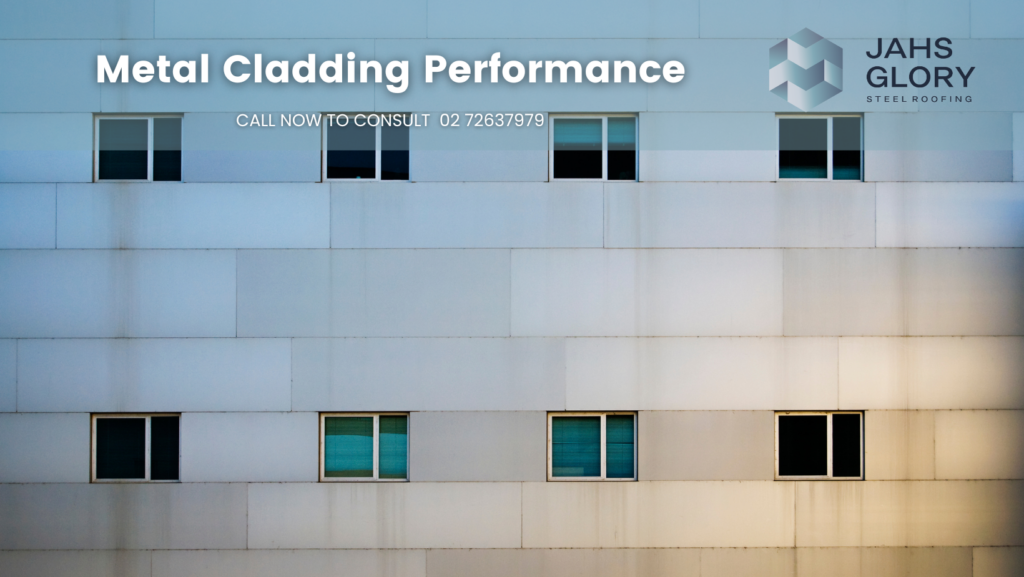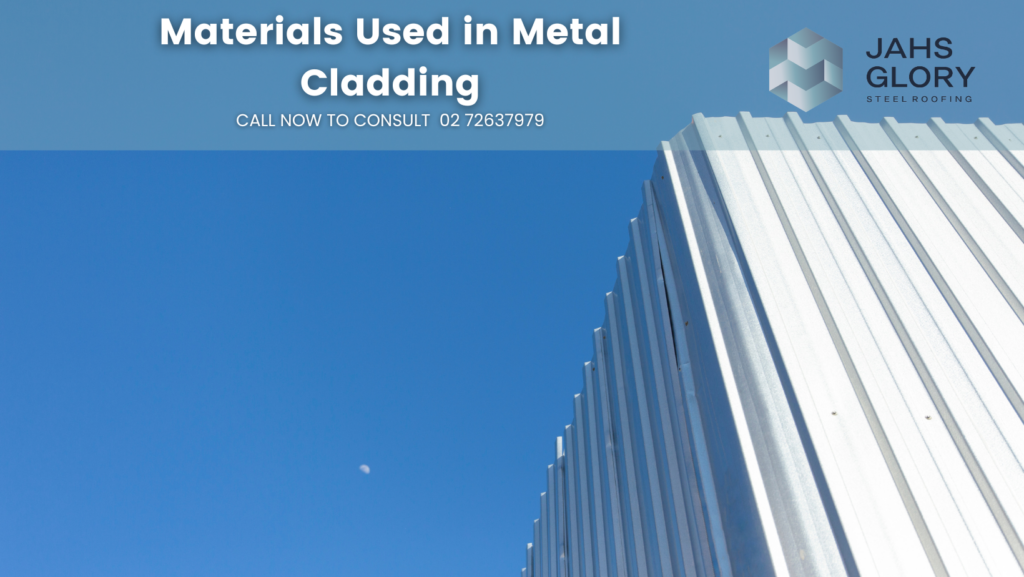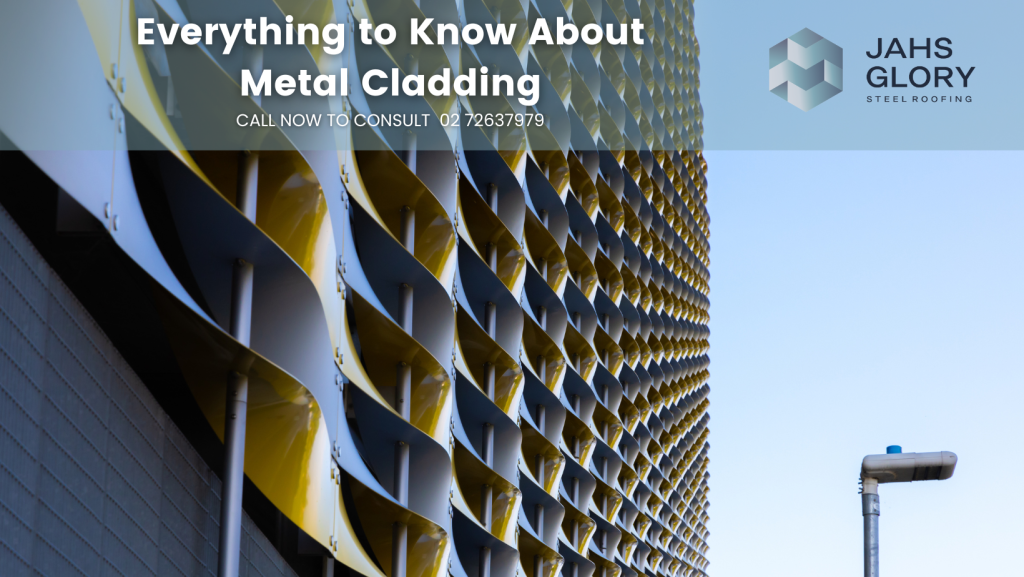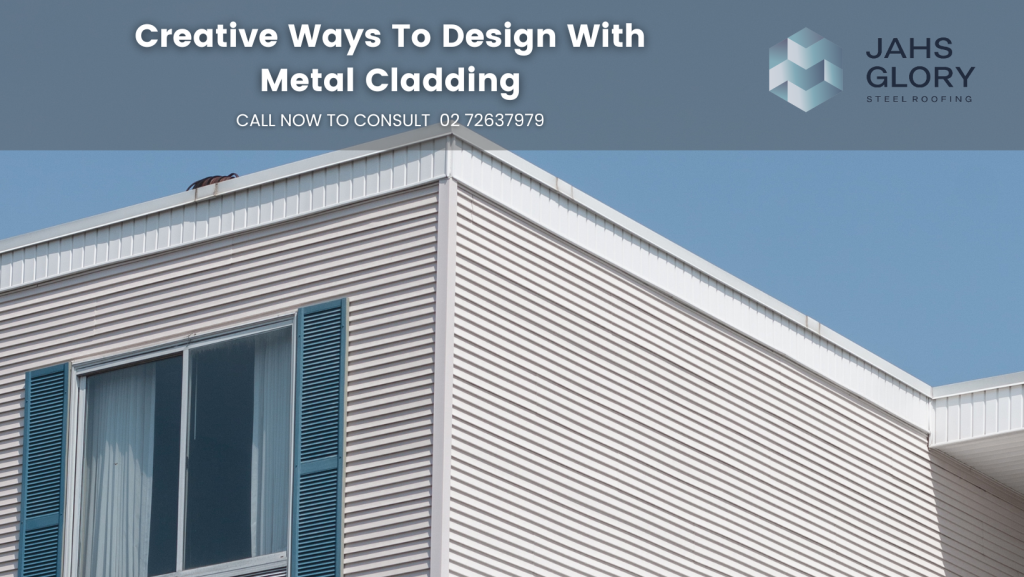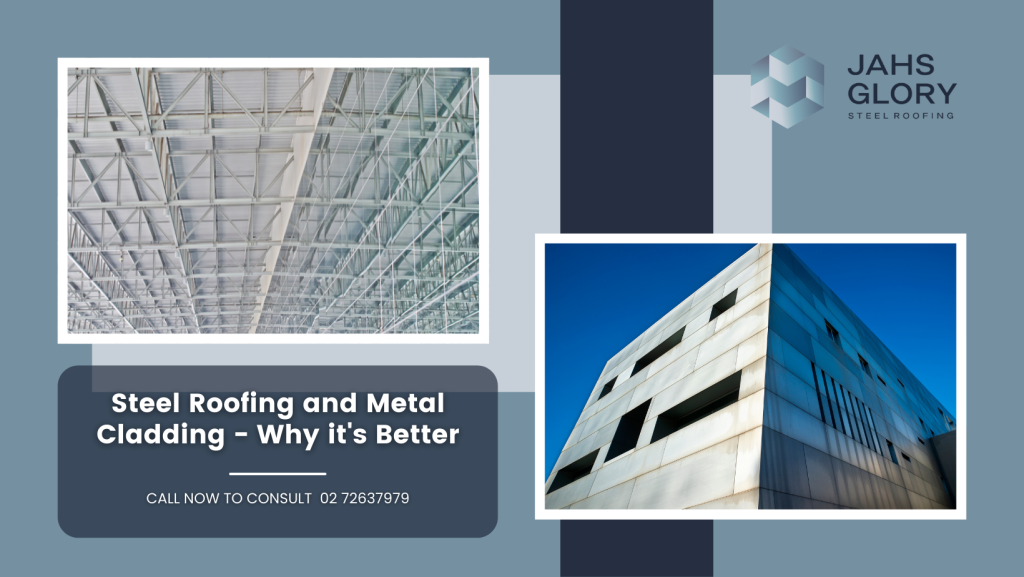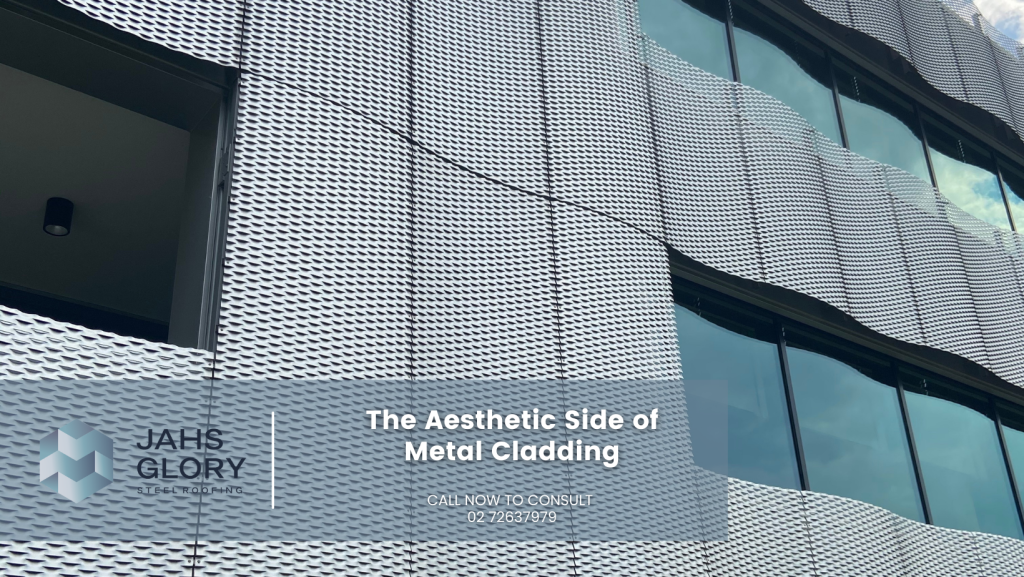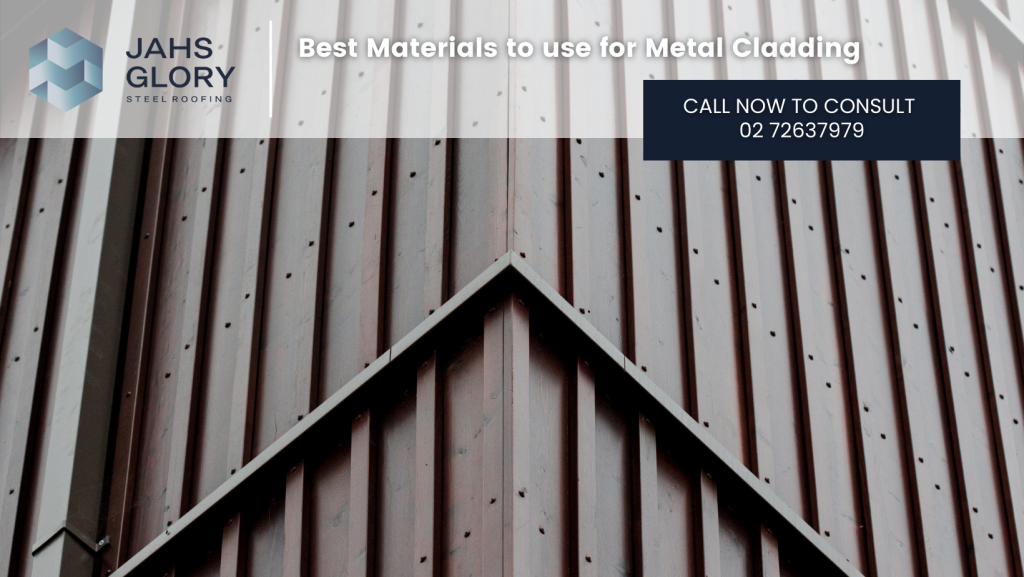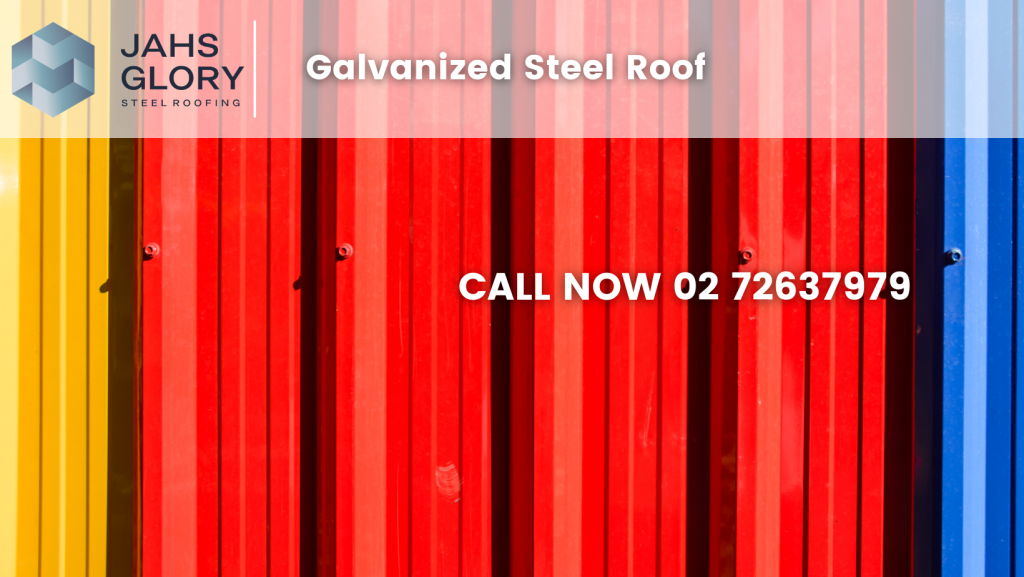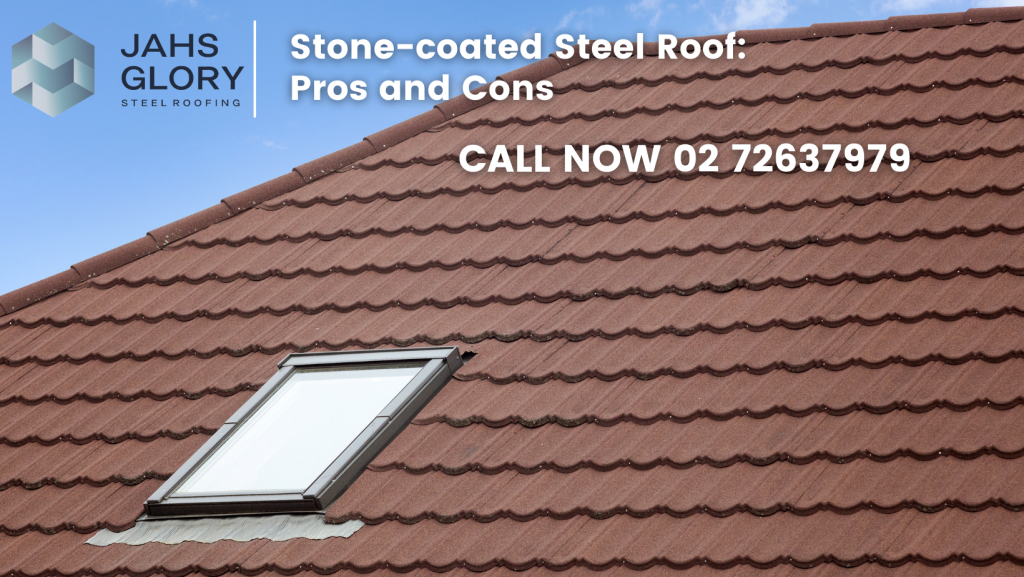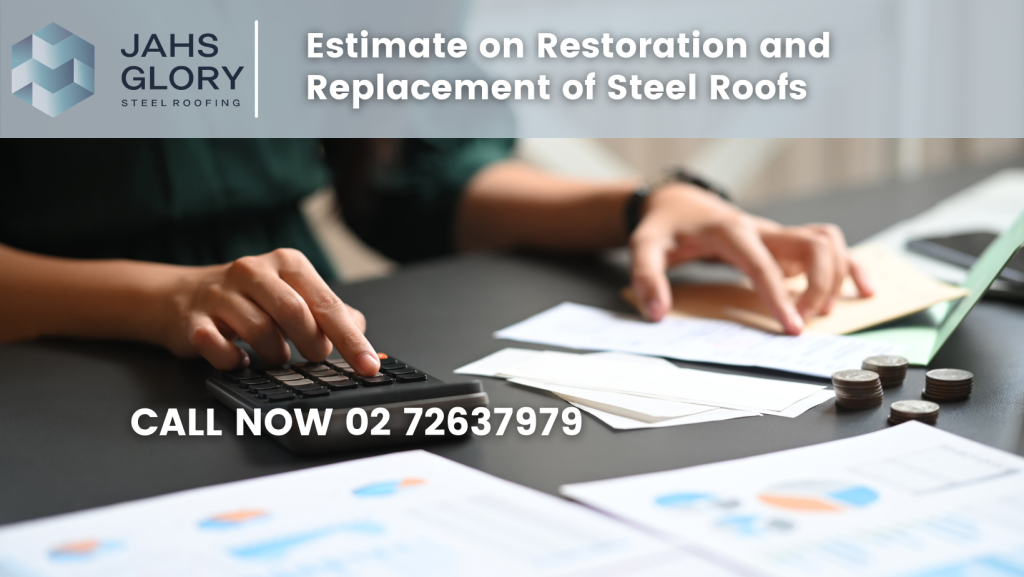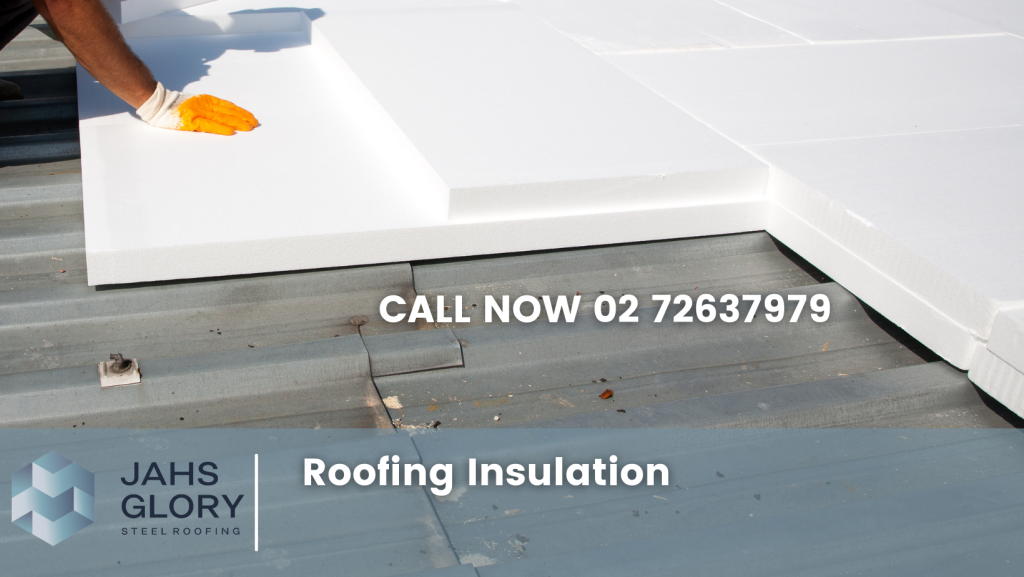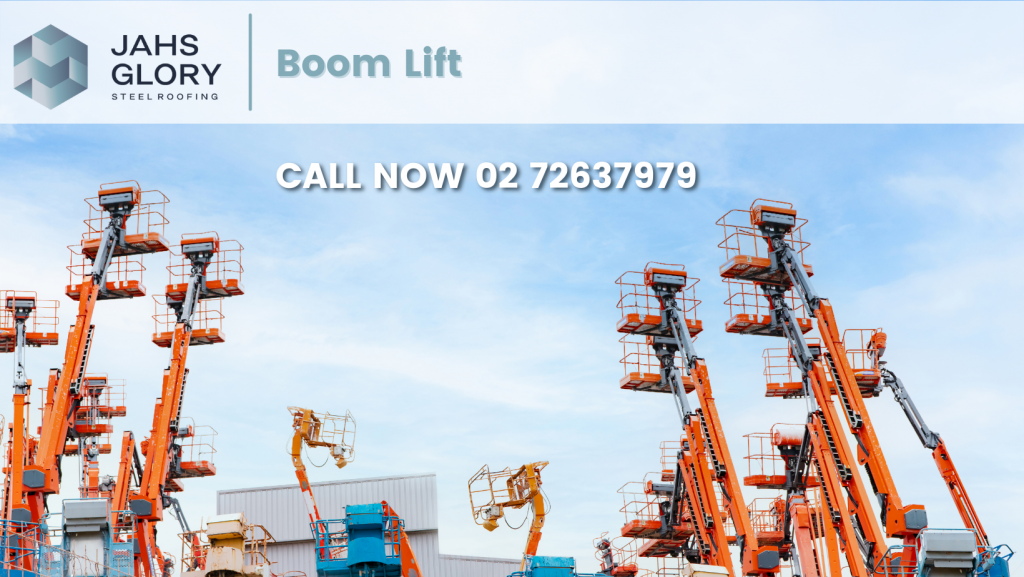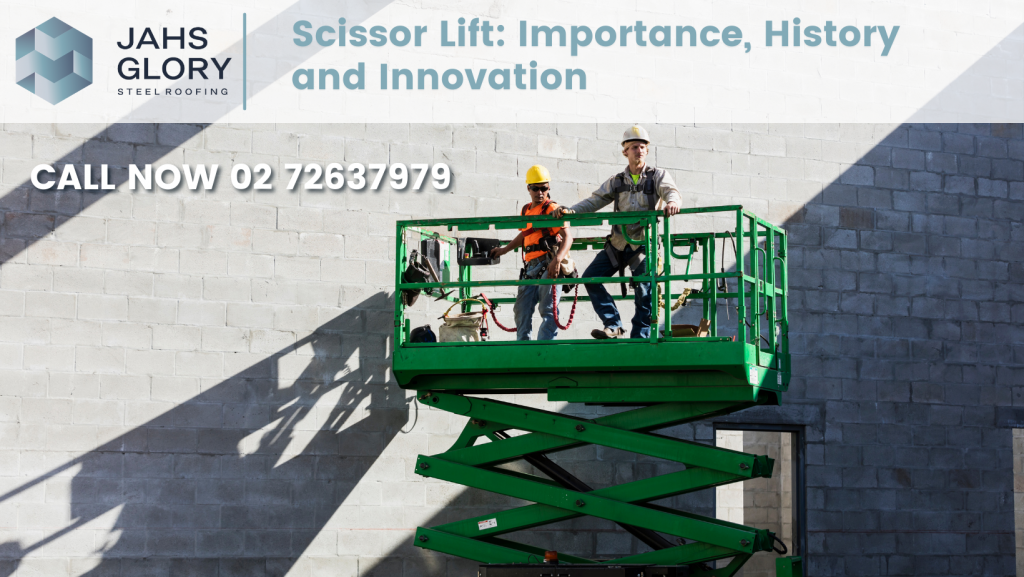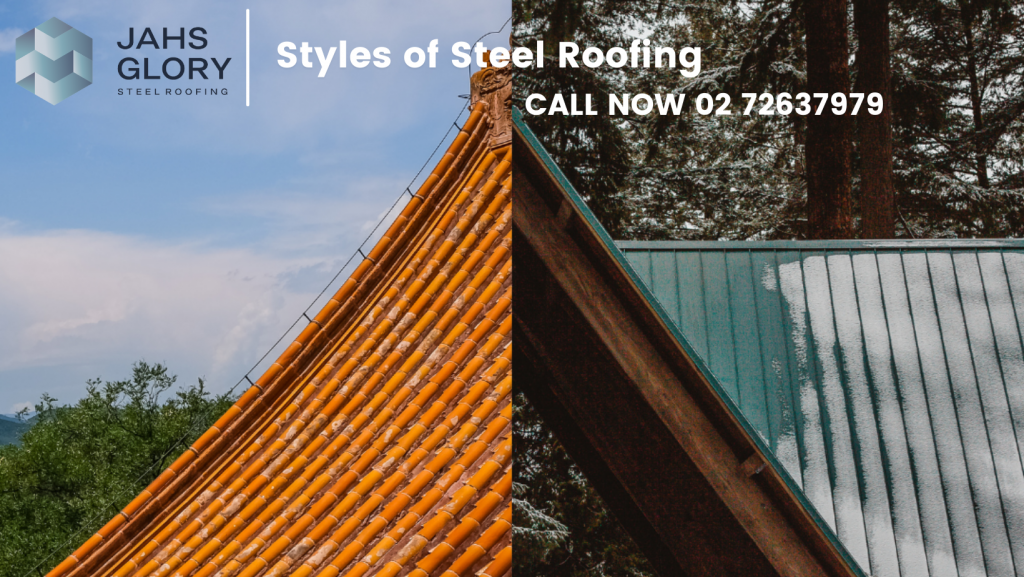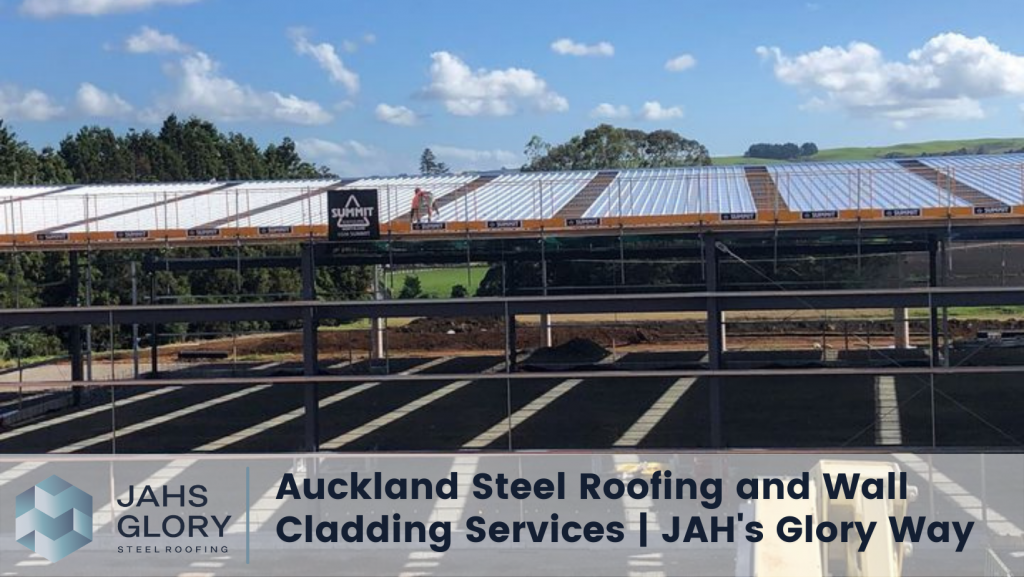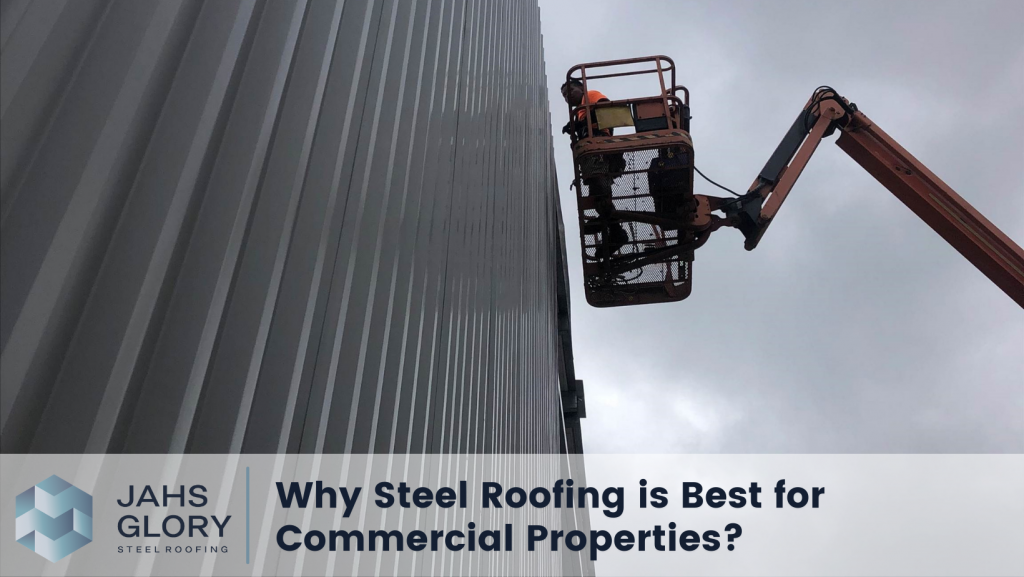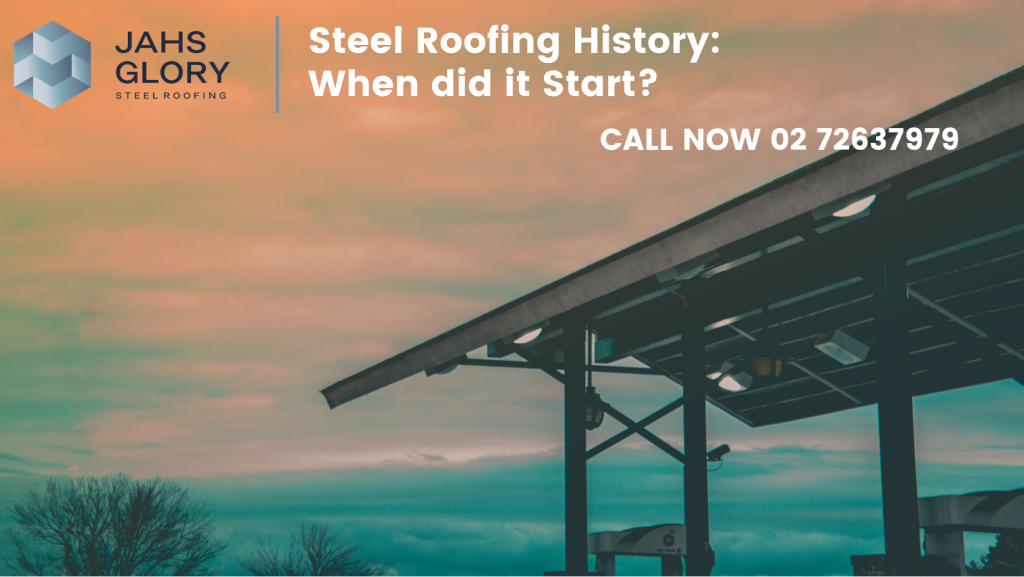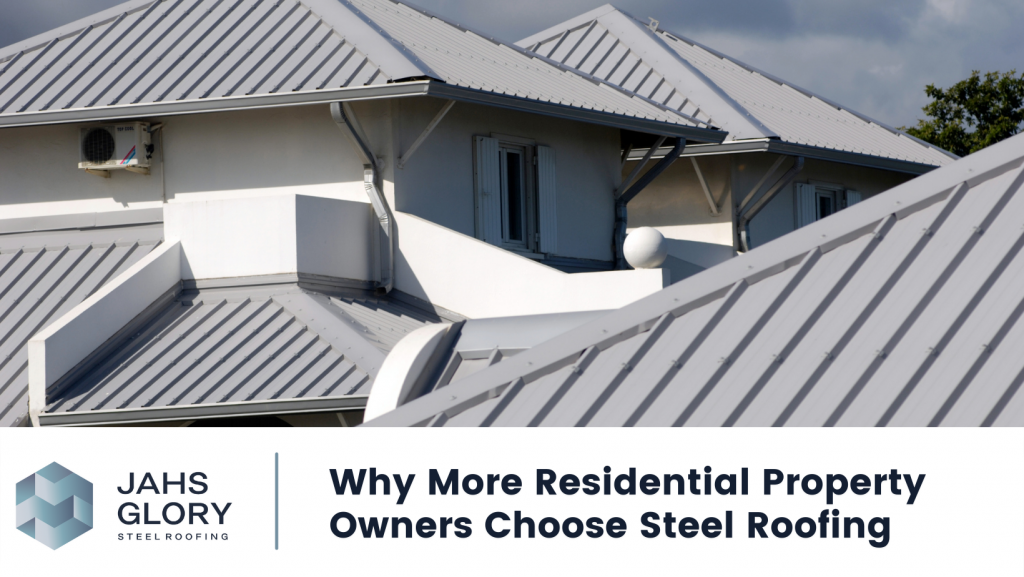New Zealand’s unique climate presents several challenges regarding building materials, particularly cladding. Metal cladding has become famous for many, but is it the proper choice for your project? Let’s explore the advantages and disadvantages of using metal cladding in NZ.
What is metal cladding?
Metal cladding is an exterior finish that uses metal sheets or panels to protect and enhance the appearance of a building. It can be made from various materials, such as aluminium, steel, zinc, and copper, each with unique properties and benefits.
The Pros of Metal Cladding in New Zealand’s Climate
Durability
Metal cladding is known for its durability and ability to withstand harsh weather conditions. New Zealand’s climate can be variable, with high winds, heavy rainfall, and even snow in some regions. Metal cladding’s robust nature makes it ideal for buildings in these challenging environments.
Low Maintenance
Another significant advantage of metal cladding is its low maintenance requirements. Unlike traditional materials like timber, metal cladding does not require regular painting or sealing, which can be a significant benefit in terms of cost and effort.
Energy Efficiency
Metal cladding can help improve a building’s power efficiency by providing an extra insulation layer. This can help control the temperature inside the structure, lowering the demand for heating and cooling systems and saving energy in the long run.
Aesthetic Appeal
One of the primary reasons people choose metal cladding is its modern, sleek appearance. With various colours, finishes, and textures, metal cladding can easily complement any architectural style, giving buildings a unique and eye-catching look.
Versatility
Metal cladding is versatile and can be easily shaped and manipulated to create interesting design features. This allows architects and builders to think outside the box and develop innovative and attractive solutions.
The Cons of Metal Cladding in New Zealand’s Climate
Cost
One of the main drawbacks of metal cladding is its relatively high upfront cost compared to other materials, such as timber or brick. However, assessing the long-term benefits of durability and low maintenance is essential when evaluating the overall value of metal cladding.
Thermal Expansion
Metal cladding can be susceptible to thermal expansion, which occurs when the metal expands and contracts in response to temperature fluctuations. New Zealand’s climate, with its wide range of temperatures, can lead to issues such as warping or buckling. Selecting the suitable metal and installation method to minimise these risks is crucial.
Corrosion
Certain metals used in cladding, such as steel, can be prone to corrosion in coastal areas with salt-laden air. To avoid corrosion, selecting a material suitable for the specific environment is vital and applying protective coatings is critical.
Noise Transmission
Metal cladding can sometimes transmit noise faster than other materials, such as brick or timber. This can be a concern in areas with high levels of traffic or other noise pollution. Insulation and soundproofing solutions can help mitigate this issue.
Factors to Consider When Choosing Metal Cladding in New Zealand
Climate
When selecting metal cladding, it’s essential to consider the local climate and its potential impact on the material. Factors such as temperature fluctuations, humidity, and proximity to the coast should all be considered.
Material
Different metals have unique properties and are suited to various applications. Therefore, choosing a suitable material for your project is essential to ensure long-lasting performance and minimal maintenance.
Installation
Proper installation is critical to the performance and longevity of metal cladding. Choosing a reputable and experienced installer ensures the cladding is installed correctly and according to the manufacturer’s guidelines.
Metal cladding can be an excellent choice for buildings in New Zealand’s diverse climate, offering durability, low maintenance, energy efficiency, and aesthetic appeal. However, weighing the potential disadvantages, such as cost, thermal expansion, corrosion, and noise transmission, is essential. Considering the factors in this article, you can decide whether metal cladding is the right choice for your project.
Visit our website at https://www.jahsglory.co.nz/ or give us a call at 027 263 7979. You can also drop us an email at jerome@jahsglory.co.nz, and our friendly Director will be more than happy to assist you with your queries and discuss your project requirements. Don’t wait – contact Jah’s Glory today and experience the difference our metal cladding solutions can make for your building in New Zealand’s unique climate!
